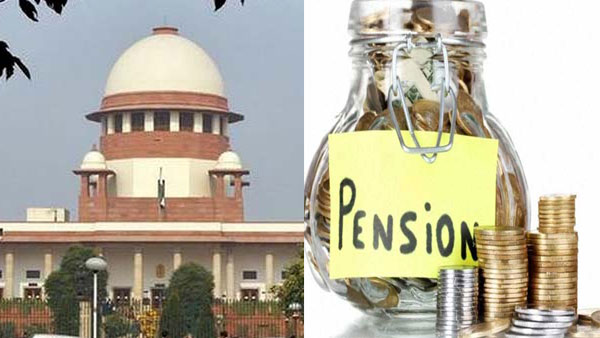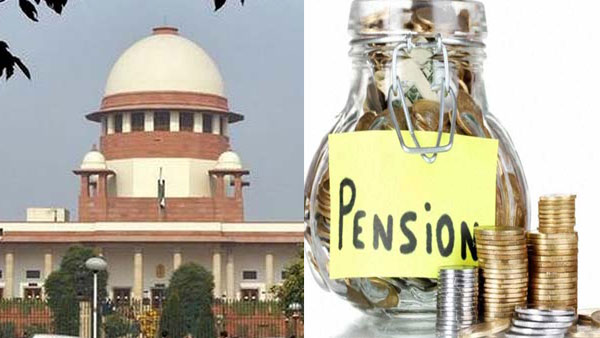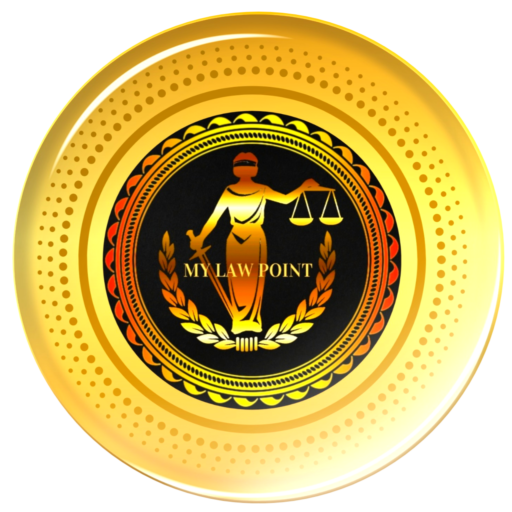The Supreme Court has recently ruled that unauthorized resignation from government service for another government job will result in the forfeiture of past service and pension benefits. This decision came in a case involving a security officer who had resigned from the Central Industrial Security Force (CISF) to join Hindustan Aeronautics Limited (HAL) in 1998. Notably, this ruling is based on the Central Civil Service Pension Rules, 1972 (CCPS Rules), applicable to government servants appointed before 2003.

The Court’s decision drew on its earlier judgment in Union of India v. Braj Nandan Singh (2005) 8 SCC 325, which explicitly stated that resigning from one government service for another post without obtaining proper permission would lead to service forfeiture.
In this specific case, the respondent had sought permission to apply for the HAL position but had not received it. Nevertheless, he applied directly, participated in the selection process, and assumed the new role. The Court concluded that these circumstances clearly fell under sub-rule (2) of Rule 26 of the CCPS Rules.
The Supreme Court found fault with the High Court’s previous ruling that allowed the respondent to retain his past service without forfeiture. The Court emphasized that the applicable statutory provisions did not support such an interpretation when an incumbent applied directly without the requisite permission.
The bench, consisting of Justices Hrishikesh Roy and Pankaj Mithal, heard the appeal challenging the Division Bench of the High Court, which had granted the respondent pension benefits for his service period (1985-1998) despite his direct application to HAL.
The case revolved around the respondent’s claim for pension benefits after resigning from the CISF in 1998 to join HAL. The appellants (employers) argued that the respondent, a member of a security organization, could not have applied for another job without proper permission. They asserted that the No Objection Certificate (NOC) was denied to him, and Rule 26 of the CCPS, 1972, would apply, rendering him ineligible for any pension.
In contrast, the respondent contended that he had applied for permission and informed his employer about his intention to attend the HAL interview. He claimed that he kept his employer informed about the application and interview schedule.
The Court examined Rule 26, which addresses the forfeiture of service upon resignation. Sub-rule (2) of Rule 26 states that “A resignation shall not entail forfeiture of past service if it has been submitted to take up, with proper permission, another appointment, whether temporary or permanent, under the Government where service qualifies.”
The Court referred to a precedent in Union of India v. H. R. Vijaya Kumar (2011), where a similar matter led to the Court setting aside the High Court’s judgment and directing a reexamination in accordance with the law.
Ultimately, the Supreme Court ruled that the High Court had failed to consider the implications of sub-rule (2) of Rule 26 of the CCS Pension Rules. The Court concluded that, based on the relevant rules, the respondent was not entitled to relief, and therefore, the appeal was allowed.



